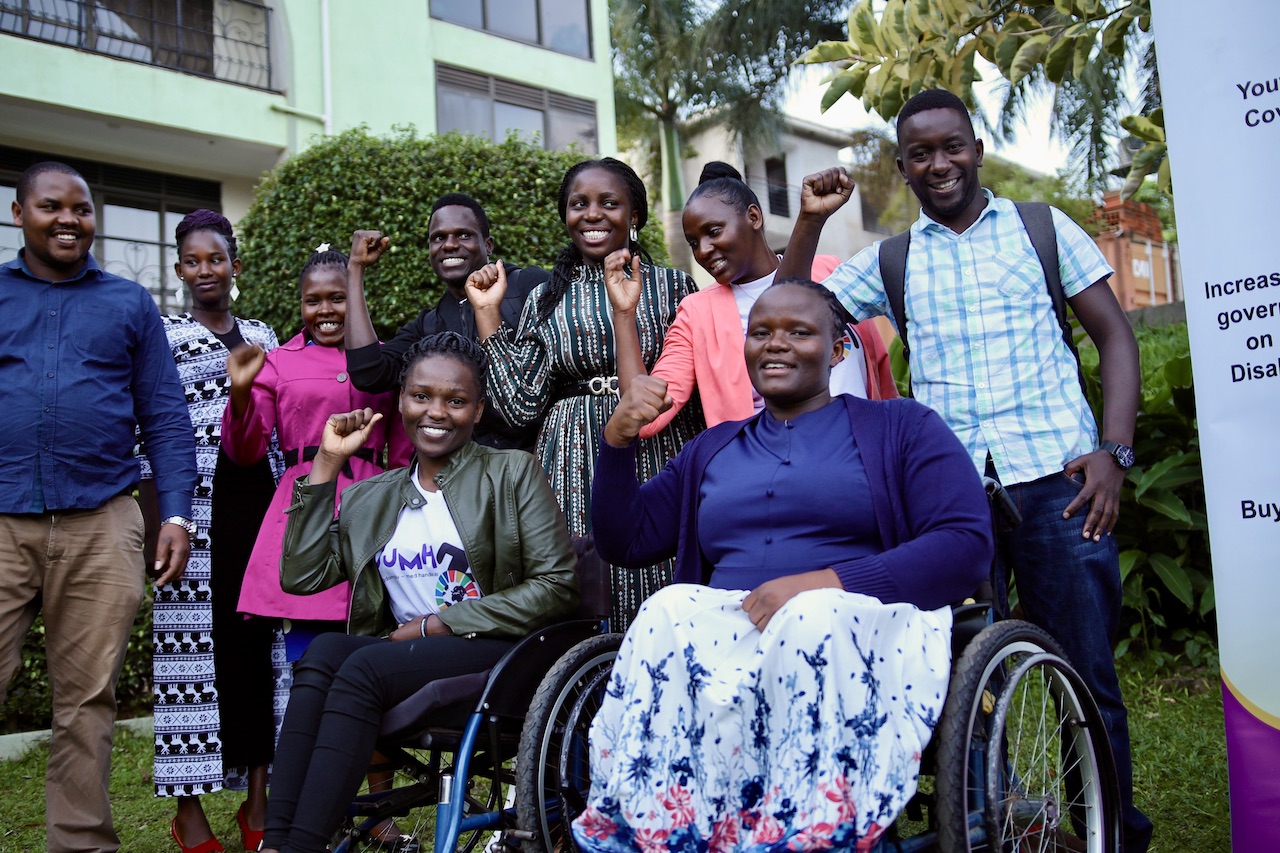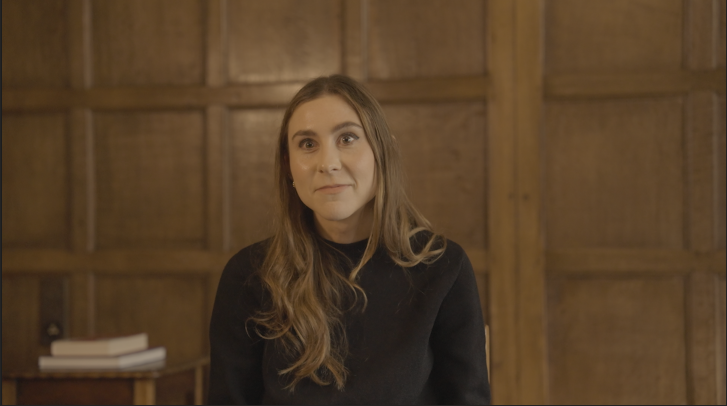Migration into Europe is not a new phenomenon. However, the recent deaths of thousands of men, women and children in the Mediterranean have brought migration policy and practice to the fore of public and political attention.
In addition to the immediate crisis response, it has prompted a debate about the underlying reasons for people migrating and the need for a comprehensive response that addresses root causes, identifying medium and long-term strategies.
In the lead up to the Valletta Conference between the EU and African countries, this invitation only meeting provided a neutral space for balanced and informed discussion on the key factors fuelling the migration crisis in Europe, exploring the challenges for source and transit countries, and seeking practical ways in which to respond, with particular emphasis on ‘upstream’ measures.
Through frank and off the record discussion under the Wilton Park protocol, participants shared best practice, considered innovative approaches, challenges and opportunities and sought ways in which to enhance cooperation in the short, medium and long-term.
The roundtable brought together nearly 60 migration and refugee practitioners including senior policymakers, development experts, academics and NGOs from key origin and transit states, alongside other European countries; and regional and international bodies and provided a forum to:
- consider practical ways in which to tackle root causes of irregular migration
- identify opportunities for ‘upstream’ projects to build capacity and reduce ‘push’ factors
- promote further dialogue between European countries and origin and transit states towards future holistic collaboration
Summary of discussion:
Global migration is not a new phenomenon and there is no ‘quick-fix’ to the current movement of people. The response of states and international and regional bodies should consider the most effective ways to manage these movements, taking into account that migration is likely to continue on a major scale.
The underlying causes of migration should be tackled through a long-term strategy including comprehensive measures to address development, human rights, and stability. Possible ways forward could include:
- Further cooperation with countries of origin and transit recognising the challenges many of these countries face with regard to corruption and abuses of human rights
- Labour mobility schemes, particularly between the EU and the Western Balkan states, to decrease pressure on European asylum systems whilst responding to labour shortages and migrants’ aspirations
- Cooperation with host states, as countries of first asylum, in the development of context-specific market tools to create local solutions for refugees
- Asylum claim processing centres in transit countries taking into account human rights obligations, state stability and sovereignty concerns
- Enhanced humanitarian visas, the introduction of private resettlement schemes and the expansion of governmental resettlement schemes to reach the most vulnerable refugees and to decrease injuries and deaths on the European borders
- A Global Summit on Migration, linked to the creation of an international migration agency or the clear reassignment of responsibilities across UN agencies
- A response to smuggling and trafficking which can be adapted to a variety of routes, actors and specific contexts, recognising that increased border security will not stem the flows, but will instead escalate the costs and dangers faced by migrants and refugees












